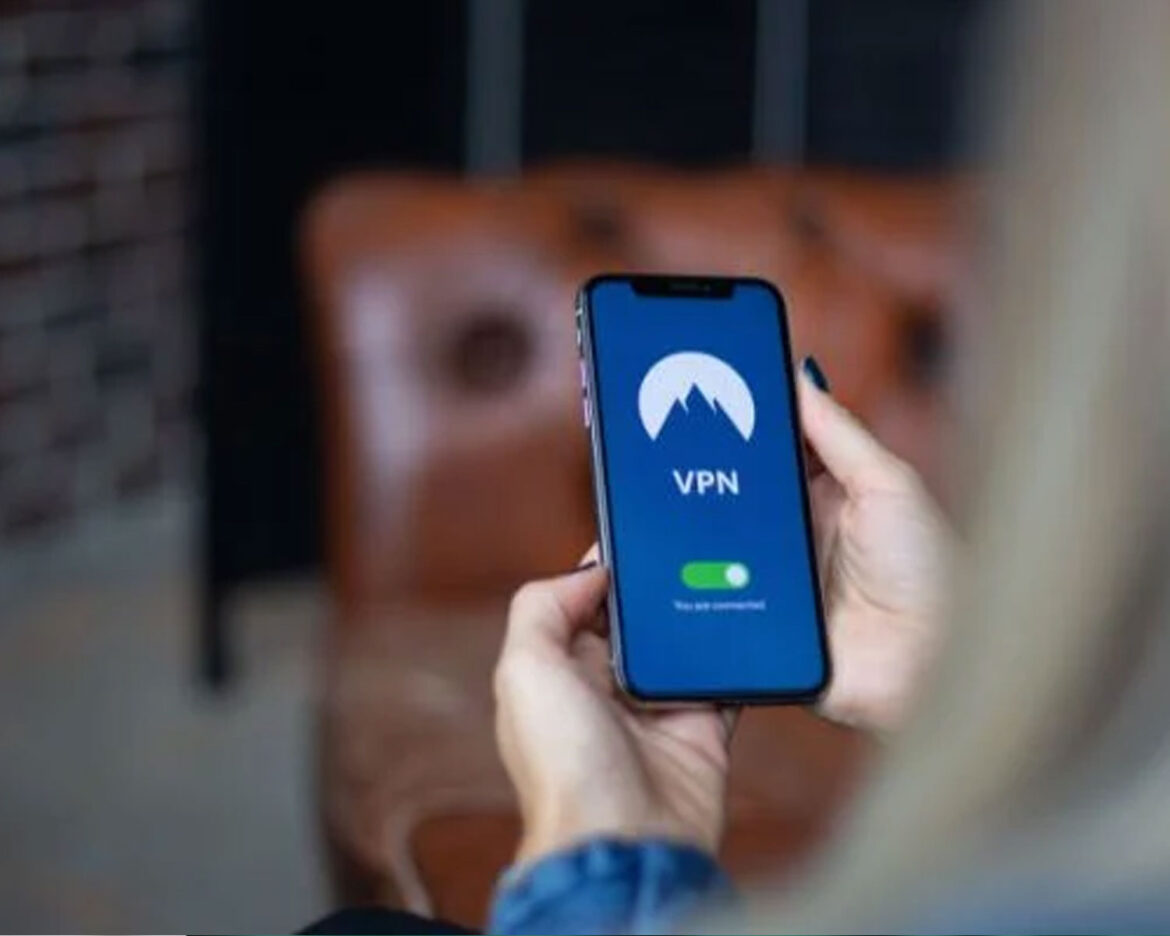The Pakistani government has blocked access to over 20 Virtual Private Networks (VPNs) as part of a new “firewall experiment” aimed at enhancing national cybersecurity and combating online threats. This initiative, which has sparked widespread debate, is part of the government’s efforts to test the effectiveness of advanced digital barriers in controlling internet traffic and securing sensitive data.
Sources within the Ministry of Information Technology confirmed that the experiment is being conducted without prior notice to users, leading to disruptions in internet services for many who rely on VPNs for secure browsing and accessing restricted content. The government asserts that the move is designed to explore the potential of a more secure and controlled online environment, but critics argue that it could infringe on privacy and restrict access to global information.
The blocked VPNs are commonly used by businesses, journalists, and individuals to circumvent internet censorship and access blocked websites. While some tech experts have raised concerns about the impact on privacy and the ability to bypass government censorship, others have highlighted the need for stronger security measures to protect against cyber threats.
The government has not specified a timeline for the experiment, but it is expected to continue as officials monitor the effectiveness of the new firewall strategies. The move has raised questions about Pakistan’s broader internet policies, including the balance between digital security and internet freedoms.



